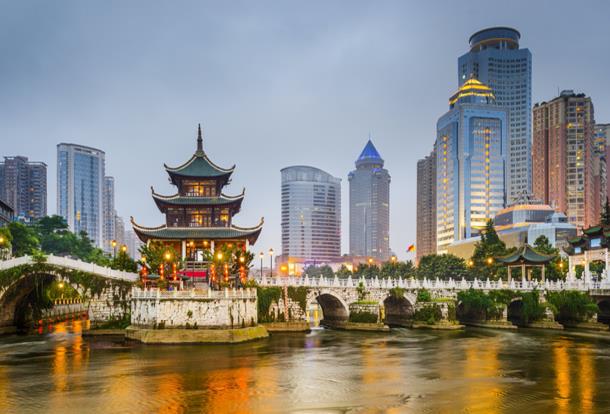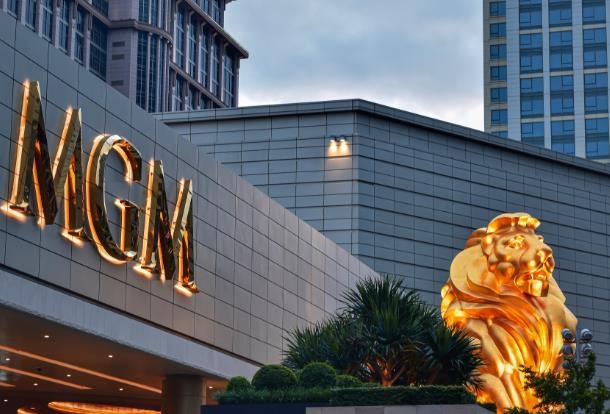The hospitality industry today is thriving, thanks to an eclectic bunch of newcomers: a growing set of leisure travelers, a humming economy, and seasonal havens that have blossomed into year-round destinations. Of course, we have some disruption which is keeping the core industry on its toes, whether the instantaneous supply growth created by the short-term rental crowd, or a 3.6% unemployment rate.
Such disruption, in a good way, has the hospitality industry focused on a "return on experience" metric, which calculates the value of investing in customer experience enhancements, digital branding, and new technologies that automate and improve customer service. But what drives the value of that experience to the customer?
First, let's address the most successful elephant in the room: the sharing economy. Yes, it's the most obvious alternative for consumers when lodging demand spikes and hotel room rates surge. However, this is more than a simple supply and demand issue.
Occupancy rates have continued to climb, despite competition from the short term rental community. Leisure travel is healthy. However, it's shifting, as travelers become ever more informed and have more channel choice. Online-travel-agents (OTAs) like Expedia and Orbitz provide easily accessible platforms that whittle down thousands of booking options to the most relevant ones for each user. Destinations are also creating their own search and booking websites. While these online sites entice travelers, they don't deliver the holy grail of customer relations: brand loyalty.
Hotels strive to remain top-of-mind for customers. More are achieving this with an array of tools, including a social presence that underscores influencer partnerships, destination promotions, responsiveness to commenters, event notifications, awareness drivers for loyalty programs, and rewards for guests who book directly. The key is to channel underlying sentiment to develop a "cult brand" that inspires loyalty, devotion and community around their businesses.
A historically low unemployment rate has contributed to this travel boon. But a constant disruptor, which is keeping the industry focused, is a shortage of labor. Recruiting and retaining employees in hospitality has proven acutely difficult in the past few years. The industry is in stiff competition with other sectors, like retail and restaurants, producing an unprecedented workforce gap for the industry.
In recent years, mobile technologies have allowed guests to digitally check in and out and have enabled smartphone entry to their rooms. Augmented reality is still in its infancy, but it has the potential to simulate hotel environments, giving employees the tools they need to better manage guests and their requests. Voice assistants, for example, are improving guest services by allowing visitors to control their surroundings, obtain information, and even set their alarms or order towels. Meanwhile, machine learning can simplify, automate and expedite repetitive processes—like taking orders to manage shipments and creating comprehensive reports—thus freeing employees to perform more customer-facing tasks.
Read Original Article




